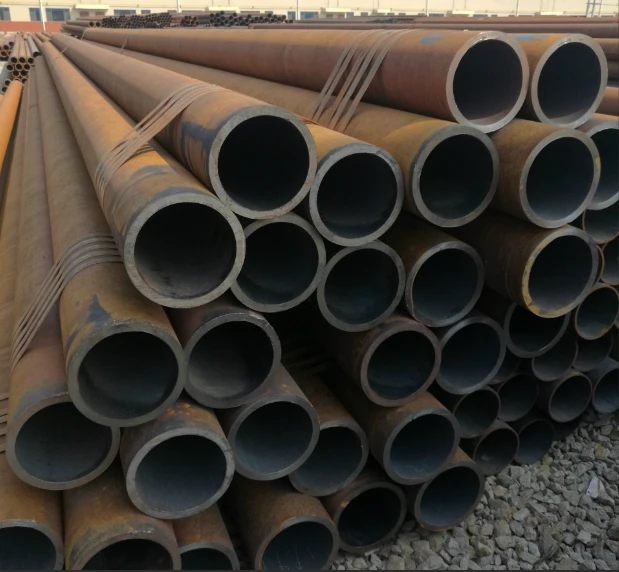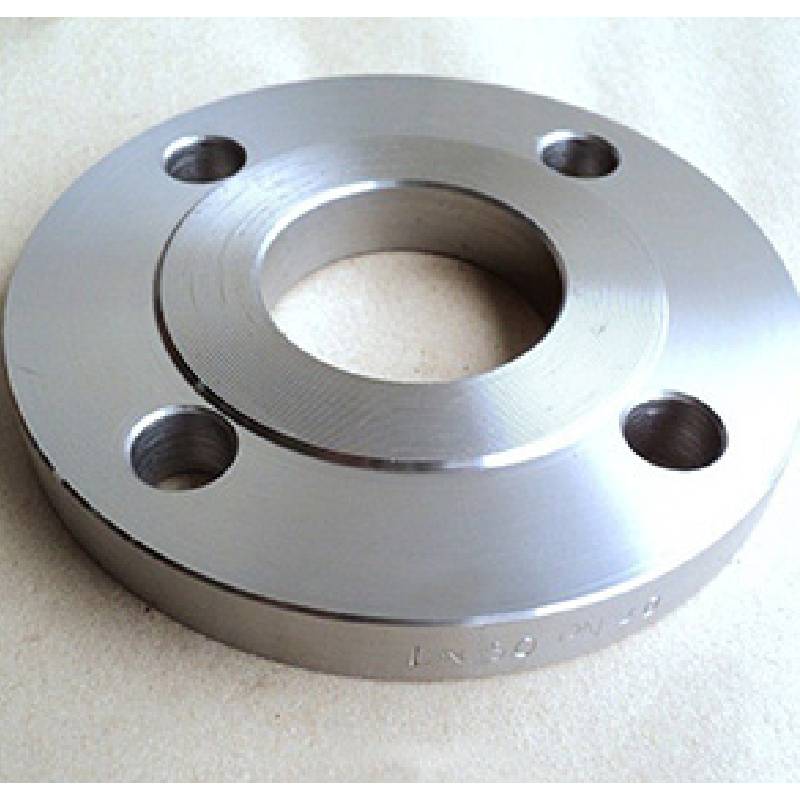-
Cangzhou Yulong Steel Co., Ltd.
-
Phone:
+86 13303177267 -
Email:
admin@ylsteelfittings.com
- English
- Arabic
- Italian
- Spanish
- Portuguese
- German
- kazakh
- Persian
- Greek
- French
- Russian
- Polish
- Thai
- Indonesian
- Vietnamese
- Zulu
- Korean
- Uzbek
- Hindi
- Serbian
- Malay
- Ukrainian
- Gujarati
- Haitian Creole
- hausa
- hawaiian
- Hebrew
- Miao
- Hungarian
- Icelandic
- igbo
- irish
- Japanese
- Javanese
- Kannada
- Khmer
- Rwandese
- Afrikaans
- Albanian
- Amharic
- Armenian
- Azerbaijani
- Basque
- Belarusian
- Bengali
- Bosnian
- Bulgarian
- Catalan
- Cebuano
- China
- China (Taiwan)
- Corsican
- Croatian
- Czech
- Danish
- Esperanto
- Estonian
- Finnish
- Frisian
- Galician
- Georgian
- Kurdish
- Kyrgyz
- Lao
- Latin
- Latvian
- Lithuanian
- Luxembourgish
- Macedonian
- Malgashi
- Malayalam
- Maltese
- Maori
- Marathi
- Mongolian
- Myanmar
- Nepali
- Norwegian
- Norwegian
- Occitan
- Pashto
- Dutch
- Punjabi
- Romanian
- Samoan
- Scottish Gaelic
- Sesotho
- Shona
- Sindhi
- Sinhala
- Slovak
- Slovenian
- Somali
- Sundanese
- Swahili
- Swedish
- Tagalog
- Tajik
- Tamil
- Tatar
- Telugu
- Turkish
- Turkmen
- Urdu
- Uighur
- Welsh
- Bantu
- Yiddish
- Yoruba

Jan . 28, 2025 02:44 Back to list
butt welding pipe fittings
Black steel pipe welding is a fundamental skill that plays a crucial role in various industries, including construction, manufacturing, and infrastructure development. Ensuring robust and durable welds is essential to maintain the integrity of structures and transport systems that rely on black steel pipes. The objective when welding black steel pipes is to achieve joinings that are not only strong but also resistant to corrosion and other environmental factors.
Once the welding process is complete, inspections are essential to verify the integrity of the welds. Non-destructive testing methods, such as ultrasonic testing or radiographic testing, are employed to detect any internal defects without causing damage. This aspect of quality control underscores the importance of expertise and attention to detail, ensuring that the welded joints meet industry standards and specifications. Safety cannot be compromised in this field. Welders must wear appropriate personal protective equipment (PPE), such as gloves, welding helmets with proper eye protection, and flame-resistant clothing, to guard against burns and harmful UV radiation. Moreover, ensuring adequate ventilation in the welding area prevents the accumulation of toxic fumes, safeguarding the health of the workers. Building trust with clients and maintaining authoritativeness in the market requires a firm commitment to quality and safety standards. Compliance with international welding standards, such as those set by the American Welding Society (AWS) or the International Organization for Standardization (ISO), demonstrates commitment to excellence and reliability. Experience speaks volumes in black steel pipe welding. Seasoned professionals understand the nuances of varying environments and project requirements, improving efficiency and reducing the likelihood of errors. Continuous training and staying updated on industry advancements enhance the welder's skill set, leading to innovative techniques and improved weld quality. Partnering with a reputable provider for black steel pipe welding services guarantees performance you can depend on, whether it’s for infrastructure, commercial projects, or residential applications. Reliability, precision, and expertise come together to ensure every project stands the test of time and meets all safety regulations, epitomizing true mastery in black steel pipe welding.


Once the welding process is complete, inspections are essential to verify the integrity of the welds. Non-destructive testing methods, such as ultrasonic testing or radiographic testing, are employed to detect any internal defects without causing damage. This aspect of quality control underscores the importance of expertise and attention to detail, ensuring that the welded joints meet industry standards and specifications. Safety cannot be compromised in this field. Welders must wear appropriate personal protective equipment (PPE), such as gloves, welding helmets with proper eye protection, and flame-resistant clothing, to guard against burns and harmful UV radiation. Moreover, ensuring adequate ventilation in the welding area prevents the accumulation of toxic fumes, safeguarding the health of the workers. Building trust with clients and maintaining authoritativeness in the market requires a firm commitment to quality and safety standards. Compliance with international welding standards, such as those set by the American Welding Society (AWS) or the International Organization for Standardization (ISO), demonstrates commitment to excellence and reliability. Experience speaks volumes in black steel pipe welding. Seasoned professionals understand the nuances of varying environments and project requirements, improving efficiency and reducing the likelihood of errors. Continuous training and staying updated on industry advancements enhance the welder's skill set, leading to innovative techniques and improved weld quality. Partnering with a reputable provider for black steel pipe welding services guarantees performance you can depend on, whether it’s for infrastructure, commercial projects, or residential applications. Reliability, precision, and expertise come together to ensure every project stands the test of time and meets all safety regulations, epitomizing true mastery in black steel pipe welding.
Latest news
-
ANSI 150P SS304 SO FLANGE
NewsFeb.14,2025
-
ASTM A333GR6 STEEL PIPE
NewsJan.20,2025
-
ANSI B16.5 WELDING NECK FLANGE
NewsJan.15,2026
-
ANSI B16.5 SLIP-ON FLANGE
NewsApr.19,2024
-
SABS 1123 FLANGE
NewsJan.15,2025
-
DIN86044 PLATE FLANGE
NewsApr.19,2024
-
DIN2527 BLIND FLANGE
NewsApr.12,2024
-
JIS B2311 Butt-Welding Fittings LR/SR 45°/90° /180°Seamless/Weld
NewsApr.23,2024











